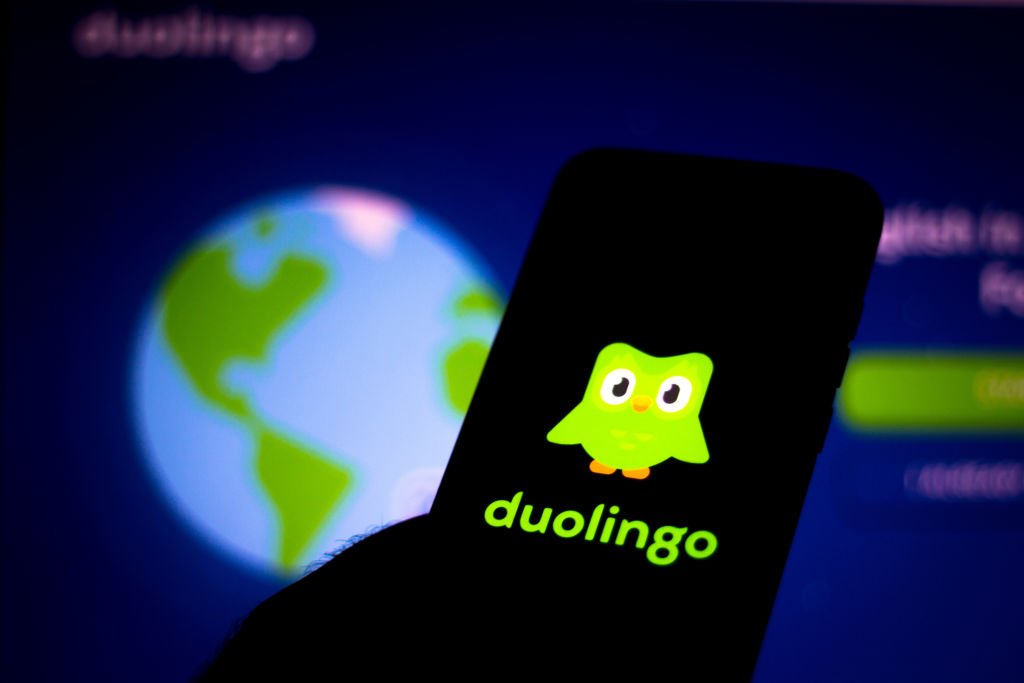Duolingo Embraces AI, Resulting in Job Cuts and Controversy
<span class="company“>Duolingo has joined the growing list of companies utilizing Artificial Intelligence (AI) in their operations, citing increased efficiency and productivity as the reasons behind their decision. However, this move has also resulted in approximately 10% of their contractor workforce being let go at the end of 2023. The company has turned to AI models, such as OpenAI’s GPT-4, to streamline content production and translations.
The use of large language models like ChatGPT is not limited to just one aspect of the company’s operations. It has the potential to impact a wide range of job roles, including language-based tasks. According to the World Economic Forum’s 2023 Future of Jobs report, AI is expected to transform 23% of jobs in the next five years.
Redditor No_Comb_4582 was the first to note the Duolingo layoffs, stating that they were offboarded as a contractor on December 15th. They attached a screenshot of an email from the company to their post, which sparked discussion and controversy among the online community.
“The reason [Duolingo] gave is that AI can come up with content and translations, alternative translations, and pretty much anything else translators did. They kept a couple people on each team and call them content curators. They simply check the AI crap that gets produced and then push it through.” –
A company spokesperson clarified that GPT is primarily used for translating sentences, and then “human experts validate that the output quality is high enough for teaching and is in accordance with CEFR standards for what learners should be able to do at each CEFR level.” The Common European Framework of Reference for Languages (CEFR) is an international guideline for explaining language proficiency.
Besides using AI for translations, Duolingo has also incorporated GPT-4 in its premium subscription tier, Duolingo Max. This includes AI-generated feedback and a chatbot feature to help users practice conversations. The company also has its own proprietary AI model, called “Birdbrain”, which personalizes lesson content for its users.
However, Duolingo has disputed calling the departures “layoffs,” stating that only a small minority of their contractors were let go as their projects were completed. They also cited various reasons for the job cuts, such as the completion of a contract or improvements in content creation operations that no longer require as many people to do the work. In a statement to Bloomberg, the company confirmed that AI was a contributing factor in not needing as many employees.
Understandably, both the contractors and Duolingo users were upset by the news of job cuts, as it adds to the ever-growing fear that AI will replace human workers. This is an especially tough blow for contractors, who already experience job insecurity and struggle to find permanent jobs due to their inconsistent work experience.
In a post on , @bvnnyjungkook shared her experience as a contractor for Duolingo. She noted that a majority of the company’s workforce are contractors, usually done for cost-saving purposes as they are not entitled to benefits like insurance, paid time off, and sick leave.
Duolingo had 600 full-time employees in 2022, according to company filings.
“I was a Duolingo contractor for 2 years and it was always clear to me that they love AI and take advantage of the fact that a majority of their workforce are contractors (i.e., no benefits or job security). :/” –
Moreover, some Duolingo users also expressed their concerns that relying on AI translations may diminish the value of a human expert’s deep understanding of languages, idiomatic expressions, and cultural nuances.
As AI continues to revolutionize various industries and job roles, it remains to be seen how companies like Duolingo will handle the impact on its workforce and users. One thing is for sure, the debate on the ethics and consequences of AI is far from over.








